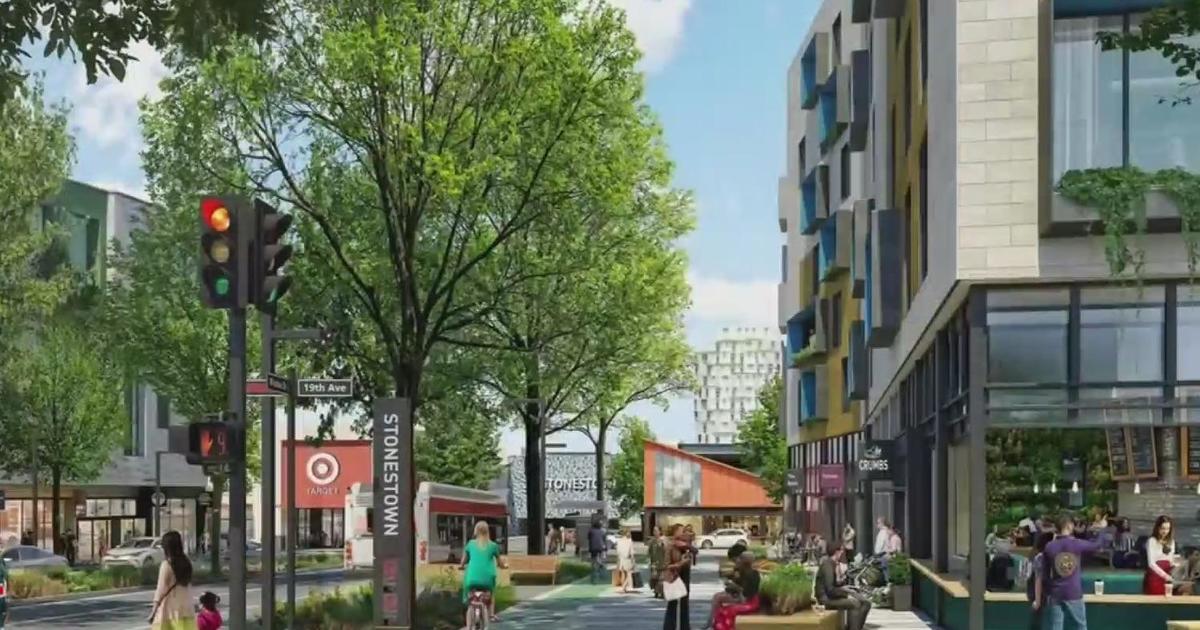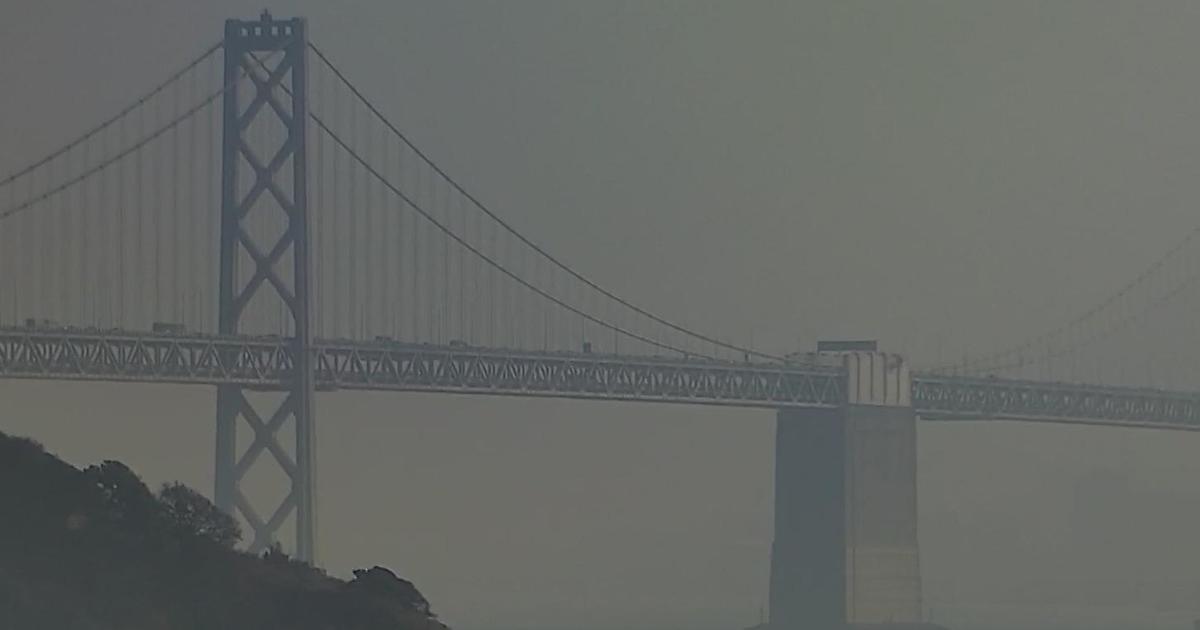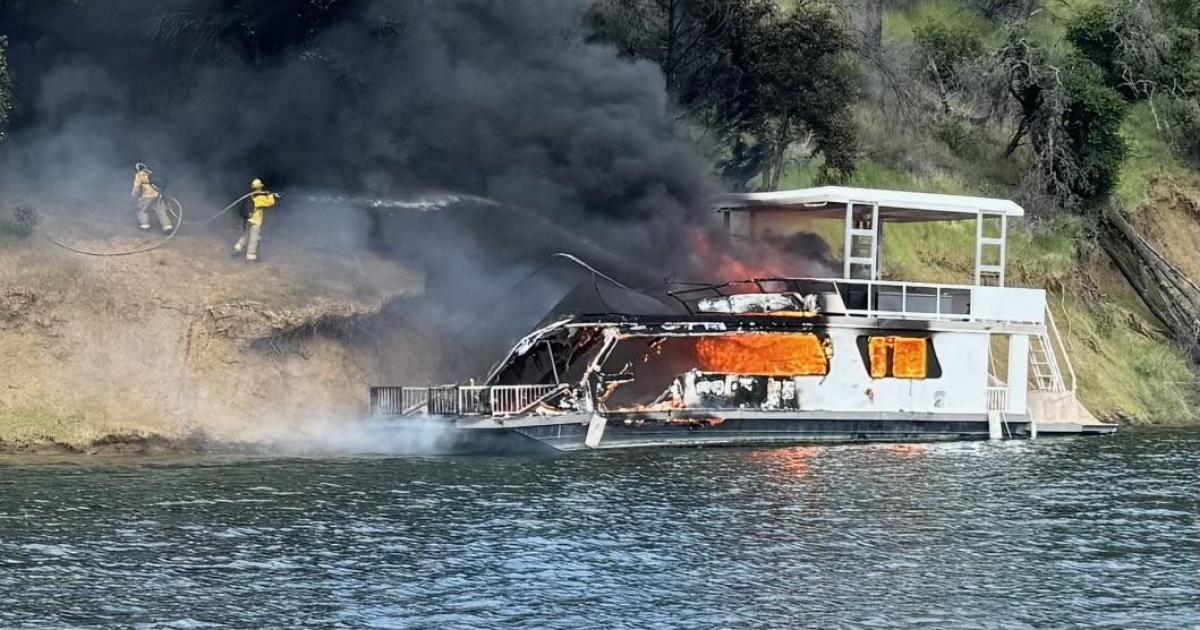Newsom: COVID Stay-Home Orders Likely To Be Extended In California
SACRAMENTO (CBS SF) -- The surging COVID-19 pandemic in California will likely require the state to extend the regional stay-at-home orders, Governor Gavin Newsom announced Monday.
Newsom said the state has seen ICU admission rates soar 51% over the past 14 days, with the state showing just 2.5% ICU availability and the Bay Area showing 13.7% ICU availability. The month-long regional stay-home orders were imposed the first week in December when ICU bed availability dropped below 15%, and were to have been reassessed after a minimum of three weeks.
"We are likely - I think it's pretty self-evident - going to need to extend those original dates," Newsom said. "Based upon all the data, and based upon all these trendlines, it's very likely based on those current trends that we'll need to extend that stay-at-home order."
Restaurant owner Donato Scotti said an extension of the stay at home order would hurt, but he will do his best to persevere.
"I mean, I'm with these people that want to have people in the restaurant but let's be smart about it and just stop this thing," Scotti said.
The executive chef and owner of the Donato Restaurant group said he is keeping busy these days, sending out special order gourmet Christmas boxes. Also, teaching cooking classes to little zoom boxes.
The students are customers of his four Bay Area food and wine establishments. He said he refuses to complain or remain complacent.
"There's a motto where I come from that says "non mollare mai" — never give up," he said.
Scotti, whose sister is an ICU nurse in Bergamo, the hardest hit region of Italy, says he will patiently keep adapting, trying new business models to keep his restaurants alive.
"I mean, when we sit down and think about this, I go, 'Well, you know what, we're going to learn something new.' And we're going to use it once the business goes back to normal," he said.
The two regions in the state seeing the worst of the pandemic currently are the San Joaquin Valley and Southern California, each which show 0% ICU availability. With the stay-home order set to expire on Dec. 28 and Dec. 30 respectively, the stay-at-home order will be extended "certainly in those two regions."
Newsom pointed to other data showing a worsening pandemic in the state, such as a 12% testing positivity rate, up from 8.7% just two weeks ago, and a daily average of 233 deaths - with 2,731 deaths over the last two weeks and 83 on Sunday.
"It's a sober, sober reminder of how deadly this disease is and how tragic a loss of every life is but particularly those lives that are lost during the holiday seasons, with loved ones and family members torn asunder because they don't have their loved ones at home, or even the ability to call," Newsom said.
Staffing also remains an issue. There are no so-called "traveler" personnel available from other states because of the demands of surging cases elsewhere.
There have been hundreds of state and federal staffers brought in to alternative care sites such as the Sleep Train Arena in Sacramento, but Newsom said there still is not enough.
There were 37,892 new COVID cases on reported on Sunday, which is fewer that the current 7-day average of 43,901 - and possible evidence the rate of infections is slowing.
"Based on the data we've seen from the past four days, we may be seeing a modest -- very modest -- decrease in the total case growth rate," Newsom said. "Still too early to tell, and I caution people not read into weekend numbers. But we'll take a close look at this in the next few days."
Newsom hailed the passage of the latest COVID relief bill in Congress with provisions that will bring nearly $40 billion in aid to Californians.
"They are significant. They will need to do more in the future, but nonetheless, they are significant. Most significant, it's money directly in your pocket, that's the $300 a week for the next 11 weeks for unemployment," said Newsom. "That's $20 billion we believe that will come into the state of California over that 11-week period. $600 direct checks to help lower-income Californians. We anticipate an additional $17 billion to be infused into the state."



